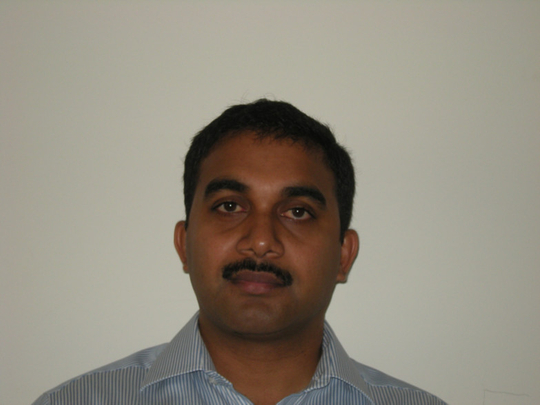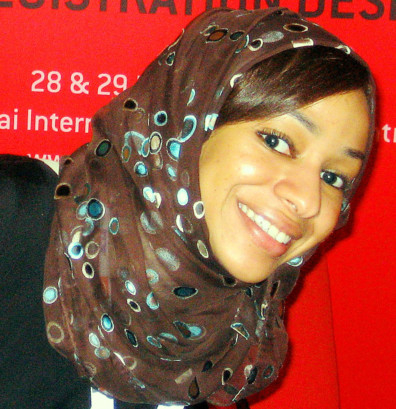
Dubai: How often does your work come home with you?
“It constantly happens! If it’s not work email, then it’s conversations with clients on WhatsApp. If it’s not WhatsApp, it’s meetings on Skype!” Asma Abdul Rahman Ali Bahassan, a Yemeni national who works as head of digital for an American multinational company that makes and sells vehicles, told Gulf News.
Bahassan recently moved to Thailand, but said her work travels with her everywhere.
“When I was working in Dubai last year, my workplace gave me an allowance for a roaming connection, because I was expected to check my email and be clued in, even when I was on holiday. I was so addicted, I would wake up and check my emails in the middle of the night.”
A study by US professors in Virginia Tech and Colorado State University last year, found that being ‘on’ for work all the time damages our mental health, leading to emotional exhaustion and hindering work-family balance.
According to Bahassan, the type of industry people work in impacts their ability to disconnect.
She said people working in social media and advertising especially, cannot afford to switch off.
“It’s as if, to prove your worth, you have to be seen as responding to clients at all hours of the day. What people should understand is — you can get more work done in a few hours at your desk, during work hours, than you would when you’re home.”
Ajith Kumar, an Indian senior health and safety adviser, has been working in the construction industry in Dubai for the past 13 years.
He remembers a time when stepping out of the office doors meant you were done with work for the day. But France’s new ‘right to disconnect’ law, though appealing, might not be realistic, said Kumar.
He said: “If given the choice, of course, no one would work once they’re home. But in this day and age, where everything needs to happen immediately and life is so fast-paced, it’s very difficult to disconnect.”
When duty calls, it’s impossible to say no.
“Since I work in the construction industry, I’m responsible for the safety of people’s lives, and feel bound to respond to work emails. Often, I check my email and then have to follow up with processes — so it becomes a much longer process. It can definitely be stressful and challenging, but it can’t be helped.”
But being on-call doesn’t necessarily have to be a bad thing.
Aisha Al Janahi, a senior social media specialist, based in Dubai, said: “I’m a working mother, and I’m constantly connected. It can be a bit tense at times, but it’s not impossible to manage.”
The key is to know when to switch off — even if it’s for a little while.
The Emirati said: “It’s all about your attitude. When you’re sitting down with family, you can put away your phone for some time and relax. And when you have some free time, you can check your emails. When you love your work, you won’t consider it to be a problem to check on whether everything is on track — it’s in your mindset.”








